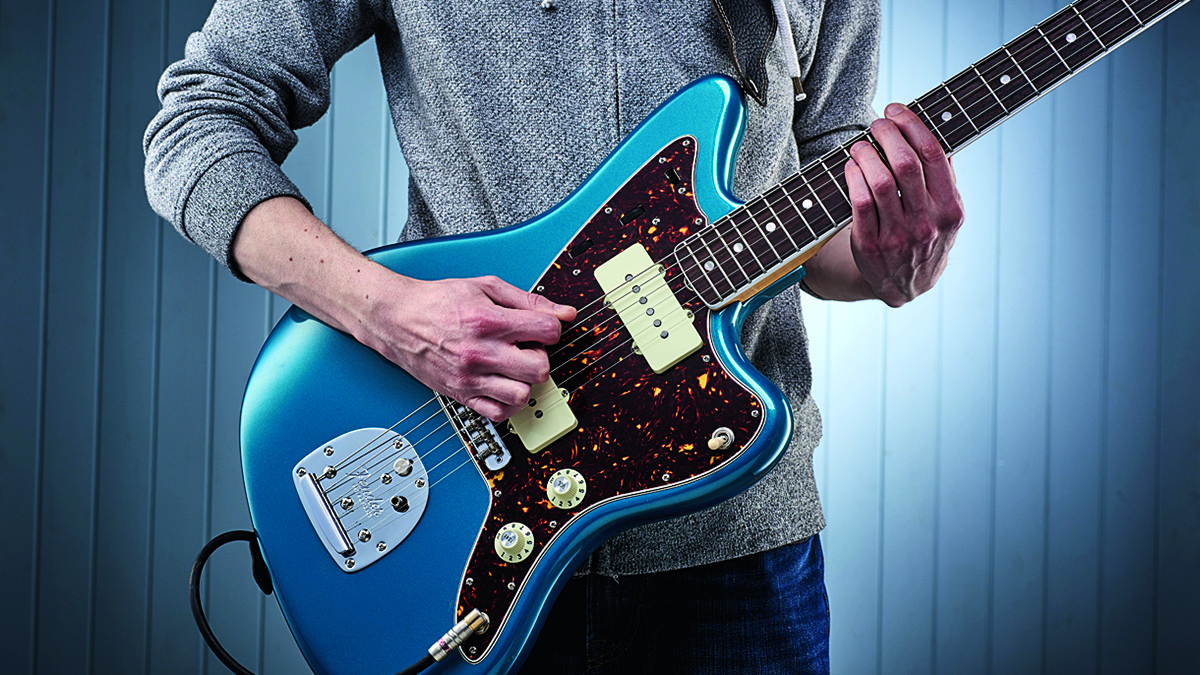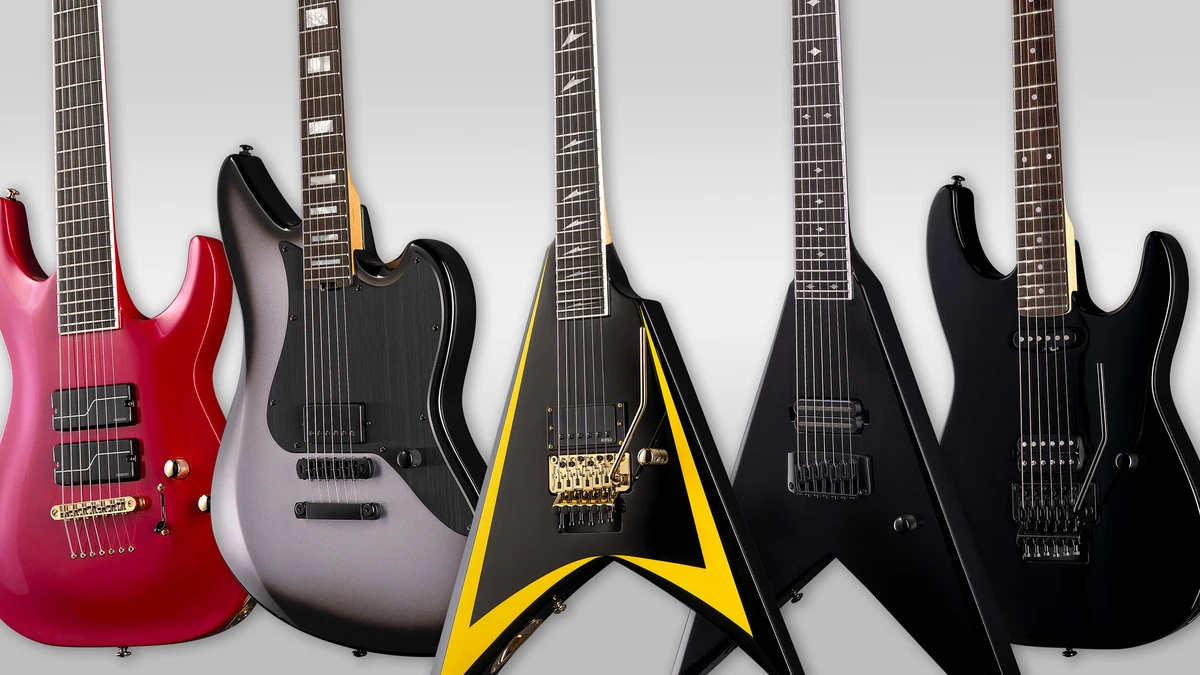“For me, a power chord is laziness”: Rolling Stones, U2 and XTC producer Steve Lillywhite explains why certain uses of power chords are “not art”

As one of the most well-used and well-known chord shapes of them all, the humble power chord has fans from all walks of life – from pro players who use them to beef up riffs all the way to amateurs first familiarizing their fingers with the fretboard.
Despite this popularity, one individual who isn’t convinced by the pull of the power chord is legendary producer Steve Lillywhite, who has come out in an interview with Produce Like a Pro and labeled the two-note shape as lazy.
Lillywhite’s words are worth hearing out – after all, he’s worked with some of the biggest guitar bands in music history, boasting a resume that includes studio stints with the likes of Rolling Stones, U2, Simple Minds, Killers, Peter Gabriel and many others.
Given his glittering credits list, it’s fair to say Lillywhite knows a thing or two about guitar music and electric guitars in general, and while his opinion will no doubt come across as controversial, there’s some understandable logic behind his point.
For Lillywhite, the chord shape – which is composed from the root and 5th – is “laziness”, and has been overused in popular music.
While speaking to Warren Huart of Produce Like a Pro [first spotted by MusicRadar], Lillywhite reflected on the two albums he made with XTC – Drums and Wires (1979) and Black Sea (1980) – and specifically discussed the guitar parts utilized.
“There was never a moment when the two guitarists played the same thing,” he said. “Very important – there was barely a power chord in sight. It was lean.
All the latest guitar news, interviews, lessons, reviews, deals and more, direct to your inbox!
“Because for me a power chord is laziness,” Lillywhite went on. “Now that's sort of controversial in itself, but square power chords on every bar in the chorus, for me is not art. You can get that power from something else.”
Lillywhite also takes issue with the practice of doubling up identical power chord passages with two guitarists, and while he concedes there are “many successful bands who do that”, it’s not a common occurrence in his own discography.
As an example of one of those outliers that uses the chord shape, Lillywhite cites U2’s Vertigo – a track lifted from the band’s 2004 record How To Dismantle An Atomic Bomb, which marks the one song The Edge has “ever written” with power chords.
The producer explains, “The Edge has only ever written one song with power chords because he thinks there's probably only one song left to be written with power chords and that was Vertigo. That's the only song he's ever written with power chords.”
As mentioned above, Lillywhite is something of an authority when it comes to recording and arranging guitars, so his comments on power chords shouldn’t be dismissed outright.
Yes, power chords form the foundation of certain styles of guitar playing, and are the beating heart of some of music’s most influential tracks and riffs – think Eric Clapton's Cocaine, White Stripes' Seven Nation Army and Nirvana's Smells Like Teen Spirit – but there’s a lot of logic to what Lillywhite says.
After all, doubled-up, identical power chord exchanges that have been recycled from older tracks might not make for the most inspiring compositions these days. Guitar music can't live without power chords, granted, but perhaps the takeaway here is being mindful of how we as players decide to use them and incorporate them into our own repertoires.
If you’re stuck in a power chord rut, here are 5 smart alternatives you can try – and why not beef up your power chords with some massive-sounding open shapes?

Matt is the GuitarWorld.com News Editor, and has been writing and editing for the site for five years. He has a Masters in the guitar, a degree in history, and has spent the last 19 years playing everything from blues and jazz to indie and pop. During his GW career, he’s interviewed Peter Frampton, Zakk Wylde, Tosin Abasi, Matteo Mancuso and more, and has profiled the CEOs of Guitar Center and Fender.
When he’s not combining his passion for writing and music during his day job, Matt performs with indie rock duo Esme Emerson, and has previously opened for the likes of Ed Sheeran, Keane, Japanese House and Good Neighbours.
